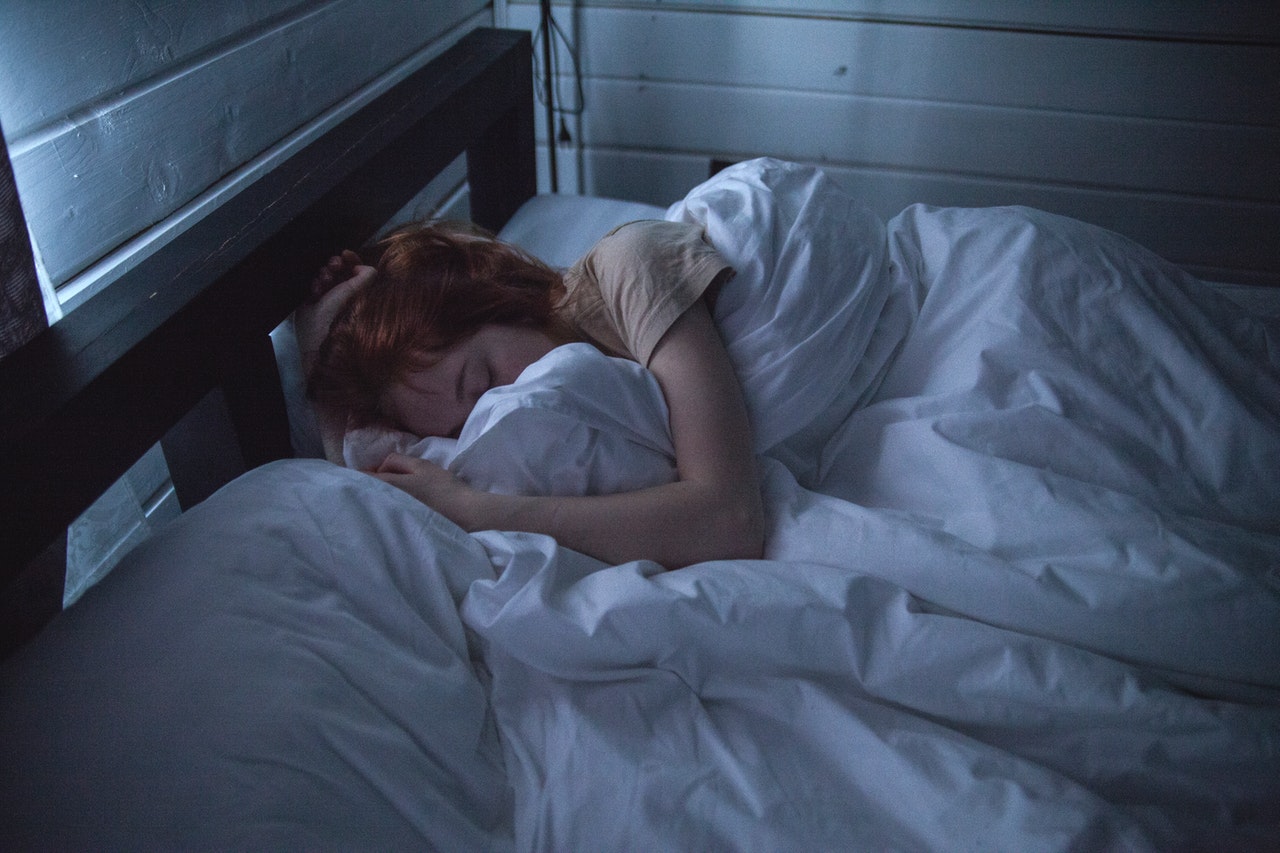When it comes to your health, there is one habit that will help in virtually any area you can think of: sleep. Getting enough sleep, and a high enough quality of sleep, can have a positive impact on your immune system, stress levels, heart health, weight, blood pressure, and much more.
But in our busy modern lives, it can be challenging to get enough shut-eye. Who hasn’t spent a night tossing and turning, unable to fall asleep or consumed with thoughts about all the things you need to get done the following day?
If you’ve ever woken up feeling like you need another eight hours in bed, here are five of our top tips for getting into a healthy and regular sleep schedule.

Go to bed at the same time most nights
We all have the occasional late night, and that’s fine. But routinely going to bed at wildly different times can play havoc with the amount and quality of sleep you get. Setting a regular bedtime and sticking to it as closely as possible allows your body and brain to get into a rhythm and a routine.
According to one study, if your bedtime routinely changes by 90 minutes or more, you are at a greatly increased risk for metabolic syndrome (a group of conditions that increase your chances of developing heart disease).

Stop consuming caffeine mid-afternoon
Many of us love a cup of coffee… or need it to function! But drinking too much caffeine too close to bedtime can seriously impact your ability to sleep. Aim to have your last caffeinated beverage no later than mid-afternoon. After that, switch to herbal tea or plain water.
By the way: you might feel like it helps you to fall asleep, but alcohol can also interfere with your circadian rhythm and cause your sleep to be less restful. Too much alcohol also comes with a host of other health problems so, if you’re drinking more than the recommended amounts, you should cut back.
No screens before bed
It’s well known that the blue light emitted by devices such as mobile phones, tablets, and laptops can impede sleep. So make it a policy to stop using your devices at least an hour before bed. If possible, banish them from your bedroom altogether.
Find ways to relax
Relaxation looks different for everyone, so you will need to find what works for you. Try a hot bath or shower, meditating, practicing yoga, or reading a book for pleasure. These activities will help you to switch off from the stresses of the day, wind down, and prepare for a night of restful sleep.
See your doctor
Finally, if these strategies don’t work for you or you’re still struggling to fall asleep or stay asleep, speak to your doctor. There may be an underlying physical or psychological cause, and they will be best placed to help you get to the bottom of it.
Read more

If you’ve been trying to get fit for any length of time, you’ve probably heard of HIIT. Read on as we break down what this fitness craze is, how it works, and weigh in on whether or not it’s worth...

The annual CrossFit Games have just concluded for 2021. With Justin Medeiros becoming the youngest male champion ever aged just 22, and Tia-Clair Toomey making history as the most dominant CrossFi...







Leave a comment
All comments are moderated before being published.
This site is protected by hCaptcha and the hCaptcha Privacy Policy and Terms of Service apply.